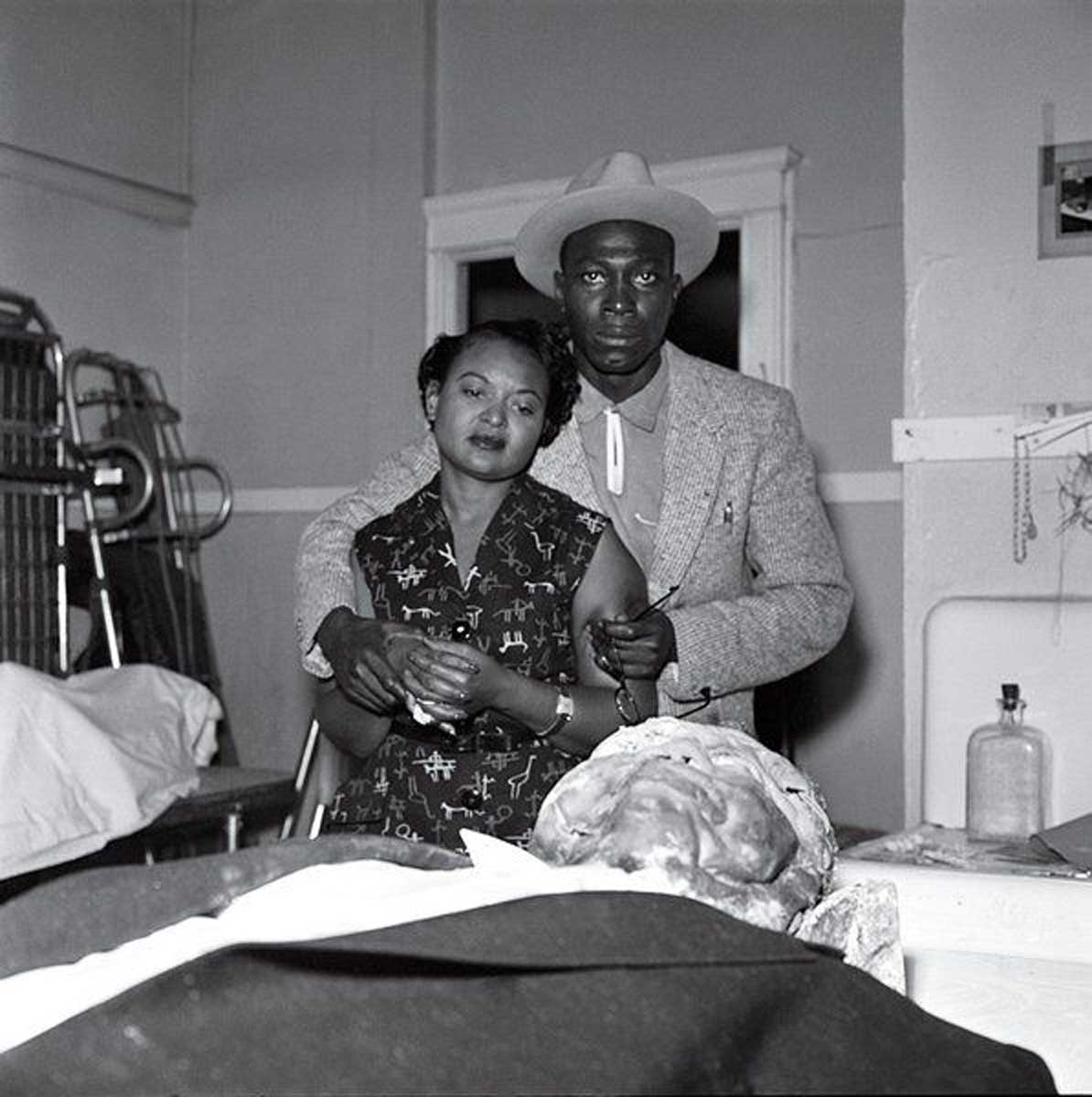Social media feedback a challenge for college athletes
Published 10:51 am Monday, May 15, 2023
It would be easy to presume the college-aged generation are all-wired, all the time when it comes to social media.
But there are exceptions — Purdue men’s basketball forward Trey Kaufman-Renn, for example.
“I just rarely use social media. That’s just kind of my personality. It has nothing to do with athletics. I have so much going on in basketball and with my major in philosophy. I have so many other things to worry about other than people’s opinions, good or bad,” Kaufman-Renn said.
However, Kaufman-Renn acknowledged he’s in the minority. For many college students, whether they’re athletes or not, social media is their conduit for interaction.
In a survey of student-athletes conducted by Fieldhouse Media in 2016, 97% of student-athletes indicated they participated in some form of social media. With the advent of popular social media outlet TikToc since then, it’s unlikely that percentage has dropped.
For many, social media is a venue for validation — the likes they get from a social media post, the mentions they get on their feeds.
However, for athletes who operate in the public eye in a way most people don’t, the social media experience offers unsolicited condemnation in tandem with validation. It’s a dual-edged sword many student-athletes have difficulty coping with.
“As far as looking and scrolling what your own fans are saying about you, what other fanbases are saying about you, it’s easy to get caught up in that and lose track of yourself,” Maryland women’s basketball player Brinae Alexander said.
The mental health issue that comes with social media scrutiny is obvious. The criticism is inescapable if one chooses to live their life in a social-media dominant space.
“The old model, if you will, you would hear somebody say, ‘you suck’, whatever it may be, but it could be drowned out,” said Indiana University professor and sports psychologist Jesse Steinfeldt. “Now it’s coming to my phone in my pocket at home. It’s not just limited to the spaces where I perform. It’s a transcendent dynamic that’s omnipresent. There’s no way around it because it’s going to be right here and at you. That’s taking a toll on athletes.”
Steinfeldt acknowledged the world Division I athletes live in because he was one when he played football at Yale in the 1990s. Division I athletes have advantages regular students do not get. However, the very advantages being a visible athlete provide also open athletes up to wider levels of criticism.
“I think the louder megaphone and the tighter, streamlined access people have to athletes is problematic,” Steinfeldt said. “Now, on some level, being an athlete took in the revenue-producing sport. It’s a privilege. You’re afforded a lot of social capital. And those are great things and social media helps really, truly amplify that to a larger audience.
“But the flip side of it is that access and amplification can really, truly cut and truly have psychological impact on these folks.”
As with anything, some athletes react to social-media criticism (and adoration) differently than the next person, but sports psychologists are discovering the toll on those who don’t take it well can be very damaging indeed.
“Some do a good job of shutting it out. They won’t necessarily look at those things, but some really take it to heart,” Purdue director of counseling and sports psychologist Brad Foltz said. “It’s unfortunate that some think it’s an appropriate thing to say to young men and women who are really giving it their all and trying to be the best version of themselves. I wish people thought a little bit more about that.”
The next word out of Foltz’s mouth was an indicator of how damaging social-media criticism can be for some student-athletes.
“Suicide is the second-leading cause of death for college-age students. I wish people thought when they posted on social media, ‘What is this going to do?’ and ‘What benefit is this going to be?’ How is it going to make their life or my life better and impact it in a positive way? If this was someone I cared about and I knew personally, would I want them to hear this?” Foltz remarked.
Athletes take different approaches to the social media feedback.
South Carolina women’s basketball forward Aliyah Boston, recently taken first overall in the WNBA Draft by the Indiana Fever, has had to cope with the best and worst of social media.
“When it comes to hearing people’s opinions, I take the Twitter and Instagram apps off my phone and ignored until I’ve been good. It can be hard,” Boston said. “I think people forget we’re human and just look at us for our athletic accomplishments, and if we don’t do something they appreciate, they let us hear it.
“People forget we’re still balancing a lot of things in life, not just athletics, so it can be really hard sometimes. You have to clear that space for yourself to make yourself OK.”
Steinfeldt noted there is an aspect of social media that will eventually make the college-aged generation more thick-skinned in the long run. But collectively, the age group isn’t there yet, and the impact for those who suffer mental-health issues from social media use is significant.
“(Exposure to social media) is also building resilience and other sort of things, but it also creates the psychological impact of having to rehearse defensive scripts. Having to prepare something to counter what someone said on social media takes a toll on me psychologically, maybe a little bit in the interim, but a lot over time,” Steinfeldt said.
Alexander is thankful there is help out there for those who seek it.
“The biggest thing is we have sports psychologists to talk to, and to use it as an outlet, but it’s also knowing who you are and staying true to yourself and knowing social media is literally not real,” Alexander said. “It’s a figment of opinions where people can say what they want. You just have to know who you are and know that you’re not that person. You know who you are.”





